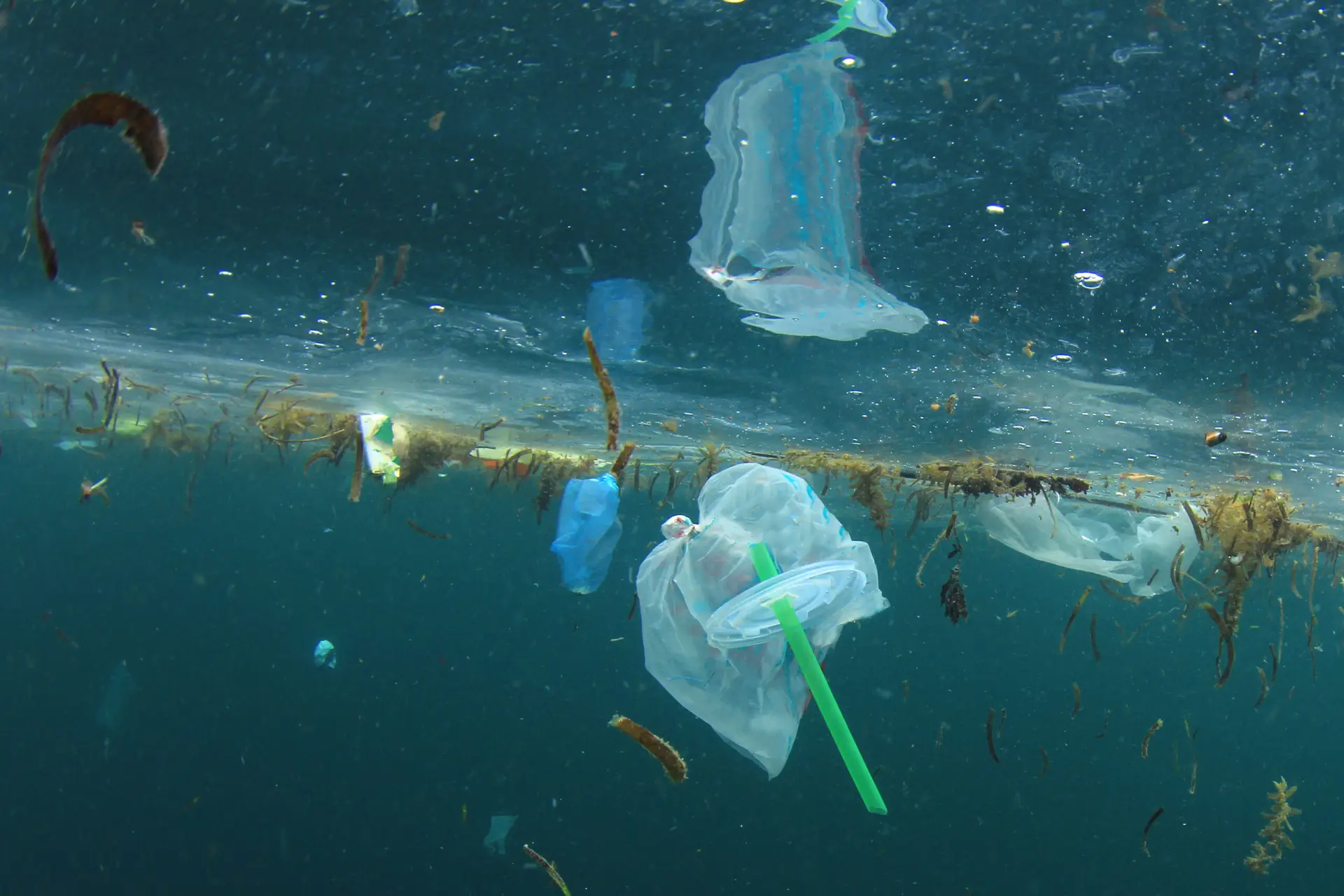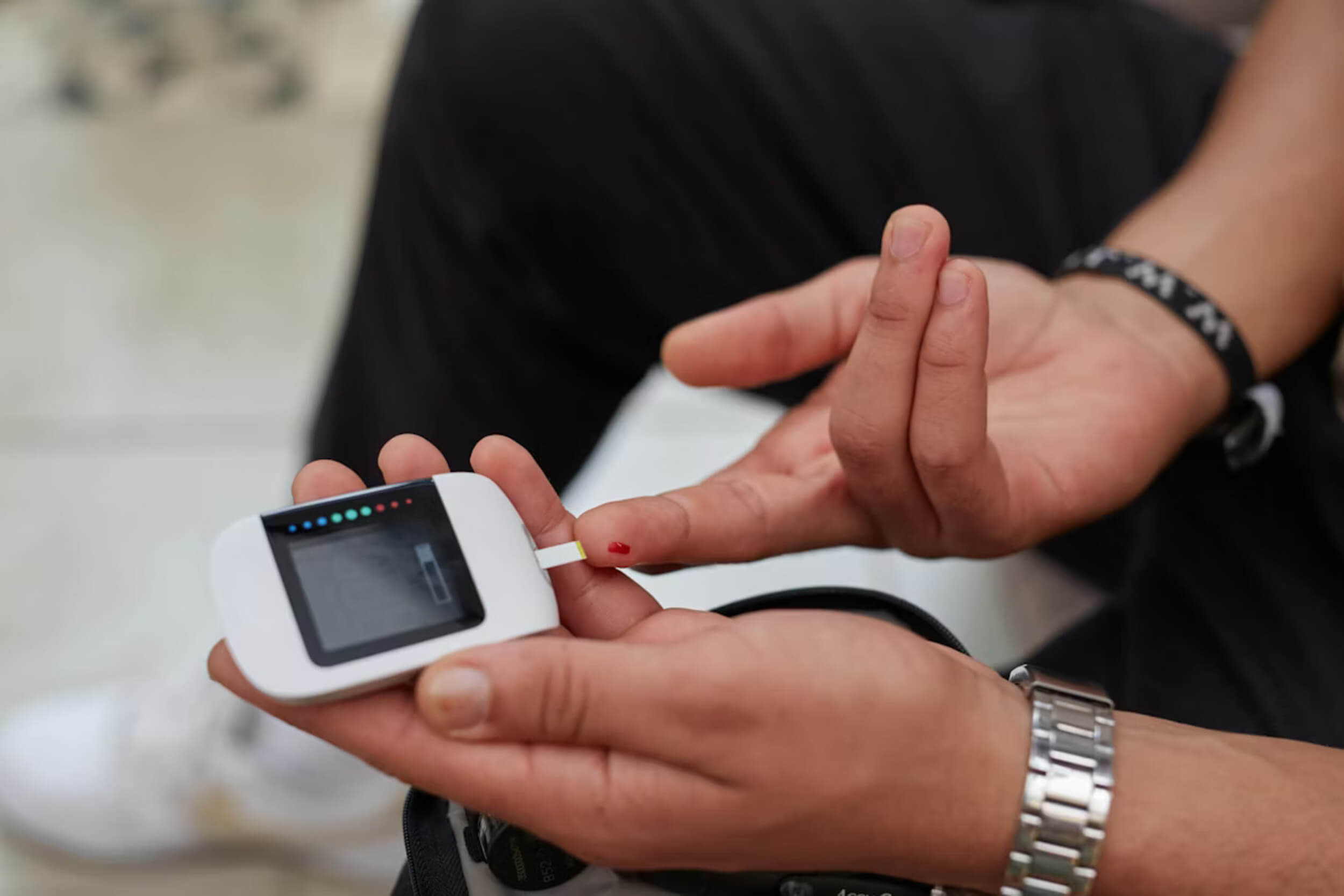Do you really know what’s in that bottle of water you’re drinking? Most of us grab bottled water because we assume it’s cleaner or safer. But the truth might surprise you. Bottled water often contains more bacteria than tap water, and the plastic it’s packaged in can leak harmful chemicals into your drink. On top of that, the environmental damage is enormous—millions of plastic bottles end up in landfills every year. Once you learn the real impact on your health, your wallet, and the planet, you might never want to drink bottled water again.
The Hidden Dangers of Bottled Water
When you drink bottled water, you might assume it’s cleaner or safer, but that’s not always true. Bottled water often contains contaminants that most people aren’t aware of. Surprisingly, the rules for bottled water are less strict than those for tap water. While your tap water is regularly tested for safety, bottled water companies don’t always have to follow the same regulations. This means harmful substances, like bacteria, can end up in the bottle without you even knowing.
Bacterial Contamination
One of the biggest concerns is the bacteria that can be found in bottled water. In fact, studies have shown that some bottled water contains higher levels of bacteria than tap water. That’s because tap water is tested frequently, and bacteria like E. coli are not allowed in public water supplies. Bottled water doesn’t have the same strict testing, which means it could carry bacteria that wouldn’t be acceptable in your tap. Once you know the facts, it makes you think twice about choosing bottled over tap.
Environmental Impact: Bottled Water’s True Cost
Every time you drink bottled water, the plastic bottle often ends up in a landfill, contributing to massive environmental pollution. The facts are alarming:
- Millions of plastic bottles are thrown away each year.
- Only 1 in 7 plastic bottles actually get recycled.
- It takes between 450 to 1000 years for a single plastic bottle to decompose.
This means the bottle you toss today will still be around for generations to come, piling up and polluting our planet.
The Oil and Energy Used in Production
The process of making bottled water is incredibly wasteful. Here’s why:
- It takes 3 liters of water to produce just 1 liter of bottled water.
- More than 17 million barrels of oil are used every year to manufacture plastic bottles.
- This oil could power over a million cars for a year instead of making plastic.
That’s a lot of wasted resources for something we can easily get from our taps.
Transportation Footprint
Bottled water also leaves a massive carbon footprint due to transportation:
- Bottled water is often shipped long distances, either by trucks, planes, or ships.
- Each form of transportation adds greenhouse gases to the atmosphere.
- This unnecessary transportation increases the overall environmental damage.
In the end, it’s not just the plastic that’s harmful—getting bottled water to stores takes a toll on the environment too.
The Financial Burden on Consumers
Drinking bottled water might seem like a small expense, but it can really add up over time. Bottled water is much more expensive than tap water—while tap water costs just pennies per gallon, a single bottle of water can cost you anywhere from $1 to $2. If you’re buying bottled water regularly, this could easily add up to over $365 a year or more. Switching to tap water or using a simple water filter could save you hundreds of dollars annually. It’s an easy way to cut down on unnecessary spending while still getting clean, safe water to drink.
Harmful Chemicals in Plastic Bottles
When you drink bottled water, you’re not just consuming the water inside—some harmful chemicals from the plastic bottle itself could be seeping into your drink. Many plastic bottles are made with chemicals like BPA (Bisphenol A) and phthalates. These chemicals help make plastic flexible and durable, but they can also be dangerous. Over time, as the bottle is exposed to heat or light, these harmful compounds can start to break down and mix into the water.
The Health Impact of BPA and Phthalates
BPA and phthalates don’t just stay in the plastic; they can leach into the water you drink. Studies have shown that BPA can mimic hormones in your body, potentially leading to hormone disruption, which has been linked to serious health issues, including an increased risk of certain cancers. Phthalates are also concerning, as they may affect reproductive health. Knowing this, it’s clear that bottled water isn’t just a pricey convenience—it could be a risk to your health.
Bottled Water vs. Tap Water: Which Is Cleaner?
Many people drink bottled water because they believe it’s purer than tap water, but that’s not always the case. Studies have shown that bottled water can sometimes have more bacteria than tap water. While tap water is regulated and tested regularly, bottled water doesn’t always go through the same strict testing. In fact, city tap water is often tested hundreds of times a month, while bottled water plants may only test once a week. So, that “clean” bottled water might not be as pure as you think.
Quality Incidents in Bottled Water
There have been several contamination incidents with popular bottled water brands over the years. Some brands have been found to contain harmful chemicals, bacteria, or even microplastics. These cases show that bottled water isn’t necessarily safer or cleaner than tap water. When you drink bottled water, you might actually be exposing yourself to more risks than if you drank straight from the tap.
How Bottled Water Is Marketed as a Healthier Choice
Bottled water companies are experts at making their products look like the healthiest option. Through clever branding, they create a sense of purity and wellness. With labels showing clean mountain streams or phrases like “pure” and “natural,” it’s easy to believe you’re drinking the best water available. But in reality, bottled water isn’t always healthier than tap water.
The Truth Behind “Spring” and “Mineral” Labels
Many people assume bottled water comes from pristine natural sources, but most of it is just filtered tap water. Terms like “spring water” or “mineral water” are often used to make consumers think it’s coming straight from nature. In truth, much of it comes from municipal sources, and companies simply add fancy labels to boost sales. This means you could be paying for water that’s no different from what’s already coming out of your faucet.
Eco-Friendly Alternatives to Bottled Water
One of the easiest ways to reduce waste is by switching to reusable water bottles. Stainless steel and glass bottles are great options because they’re not only better for the environment, but they’re also healthier for you. These materials don’t leach harmful chemicals into your drink like plastic can, and they last much longer. A good reusable bottle can go with you anywhere, saving you money and cutting down on plastic waste.
Tap Water Filtration Systems
For those who worry about the quality of their tap water, affordable home filtration systems are a simple solution. These filters can remove harmful substances like chlorine or heavy metals, providing you with clean, safe water right from the tap. Best of all, using a filter is far more cost-effective than constantly buying bottled water, while still giving you the peace of mind that your water is pure.
Final Thoughts on Bottled Water’s Impact
Choosing bottled water might feel like the easy option, but the real cost is more than just a few dollars. From harmful chemicals leaking into your drink to the massive environmental damage caused by plastic waste, it’s clear that bottled water isn’t as innocent as it seems. Switching to a reusable bottle or filtering your tap water is not only better for your health, but it also helps protect the planet. So, next time you think about grabbing bottled water, ask yourself: is it really worth it? Making the switch can make a big difference for you and the world around you.















